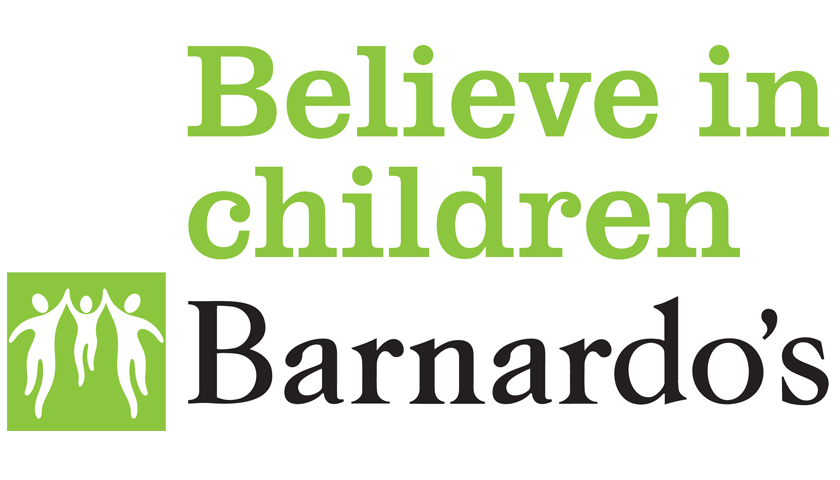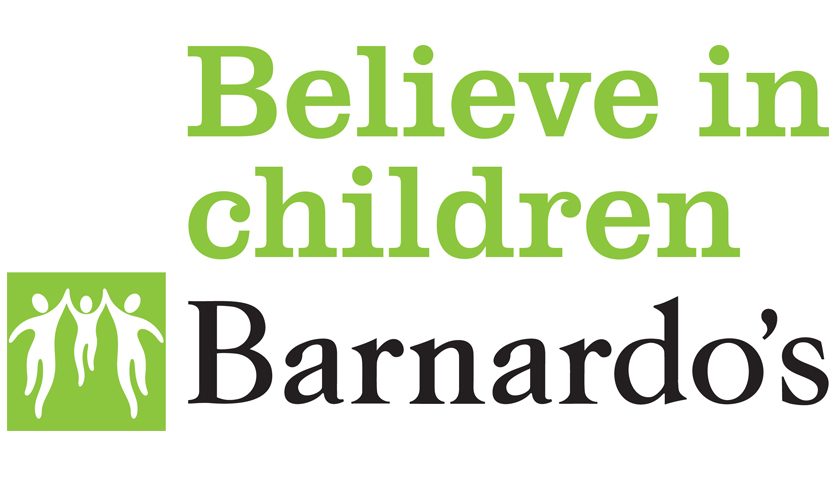The UK’s largest national children’s charity is urging the Government to listen to feedback from its relationship and sex education consultation as the charity celebrates LGBT History Month.
Barnardo’s says there must be education about same sex relationships in both secondary and primary school lessons.
The Department for Education is reviewing the responses submitted to the consultation to update the guidance on how relationships and sex education should be taught.
The topics covered in relationships education include subjects that Barnardo’s believe should be taught, including healthy relationships, consent and online safety. While there is reference in the guidance to different types of relationships, there is a lack of explicit reference to same-sex relationships in primary school.
Barnardo’s knows from speaking with LGBT young people that there is a need for same-sex relationship education. This should start in primary school when children are starting to notice the different types of relationships they see around them, or indeed feelings they may be starting to develop themselves.
For younger children, lessons about heterosexual and same-sex relationships does not need to refer to sex, but would help children understand different relationships, and normalise talking about LGBT issues.
Barnardo’s Chief Executive Javed Khan said:
We’re calling on the Government to make sure all children learn about LGBTQ relationships as part of the Relationship and Sex Education curriculum, including at primary school.
Young LGBTQ people and those with parents and carers in same-sex relationships may feel marginalised if lessons don’t reflect their experience.
Lessons should encourage young people to understand their rights and responsibilities, and the role they can play in promoting equality and respect for all.
Hidden Histories
Meanwhile, During LGBT History Month, Barnardo’s is promoting an exhibition called Hidden Histories – a youth led social research project into the lives of LGBT people in the 1960s to the 1990s.
Young people aged 14-25 were supported by staff and volunteers from The BASE when they became curious about the past and the lives of their LGBT predecessors. These conversations led to the Hidden Histories project, made possible due to a grant from the Heritage Lottery Young Roots Fund.
The project involved the group interviewing people from North Tyneside who identified as LGBT to understand their journeys.
The exhibition is showing in North Shields Customer First Centre this month, and next month it will be hosted in the White Swan Centre, Killingworth.
Justine Carmichael, Project Work at the BASE, said:
Through their journey with Hidden Histories the young people have learned how the impact historical social movements have had on the lives of individual people.
They have shown great tact and sensitivity in learning how to conduct a confidential and meaningful interview. Each of the young people have been on their own personal journey and I am very proud of the skills and knowledge they have gained.
The exhibition, which has already featured in Whitley Bay, Wallsend, Cramlington, and Longbenton, contains quotes given to the researchers, including:
“It was still perceived to be wrong to be gay in the early 80s. In Whitley Bay you could be physically attacked and would definitely be the brunt of verbal abuse.”
“I came out at 22, though in dribs and drabs. Parental disapproval (religion based), and at my first real job I was warned by a manager that there were rumours I was lesbian, so to be careful who I confided in! Apparently the younger woman I supervised was told who she could complain to if I was inappropriate.”
“I grew up in a village where I didn’t know of any LGBTQ people. I worked in social work with children in an area where it would not have been acceptable to be out at work.”
“Perceptions from society at large were either hostile or failing to acknowledge our existence – it was a very straight world and still is to a large extent although things are improving”

